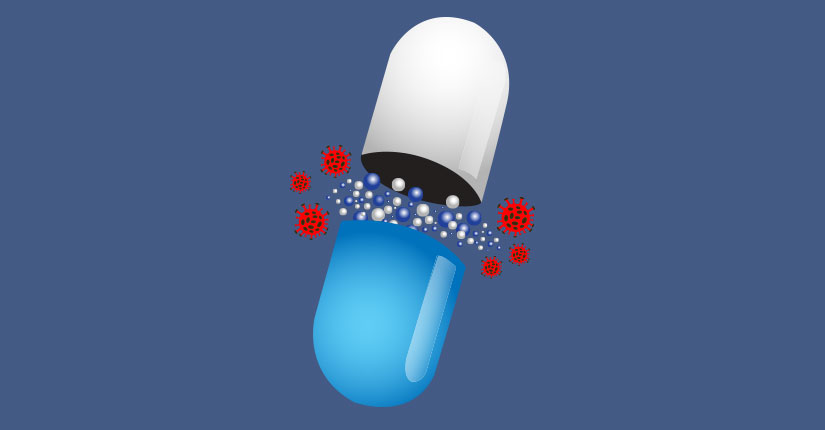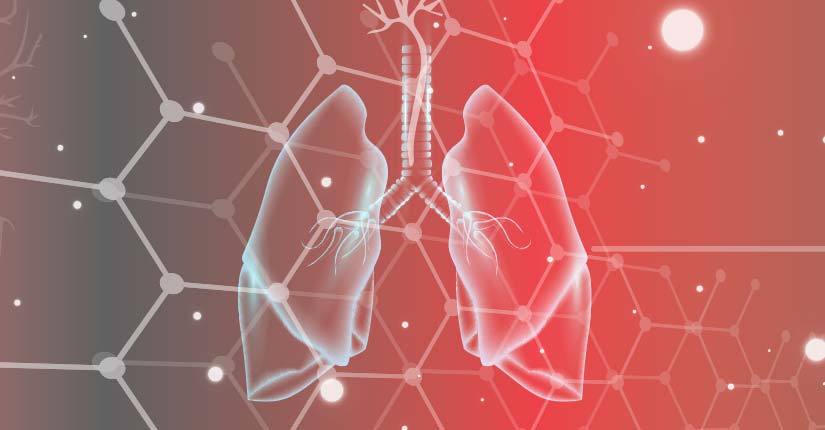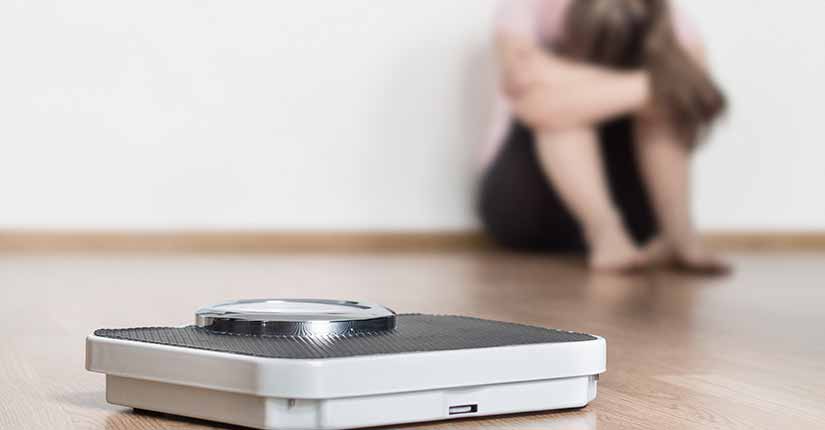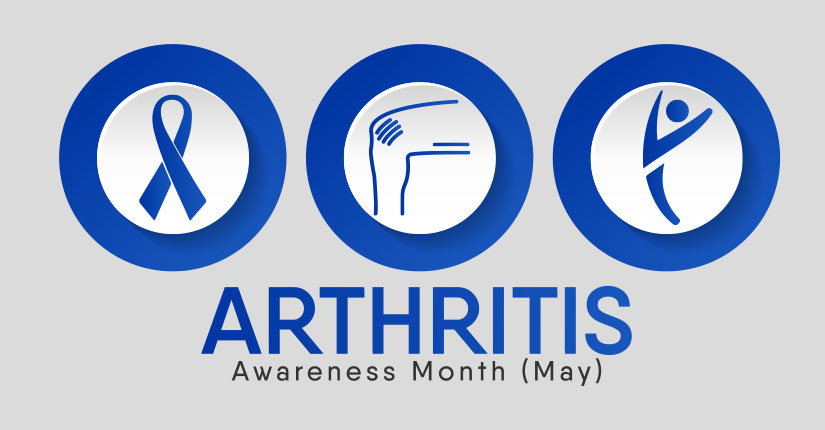Know How your Lifestyle Affect the Gut Friendly Bacteria
By Nmami Life Editorial 03-Aug 2021 Reading Time: 4 Mins

Gut microbiota is the name given to the trillions of microbes residing in our intestines. These are extremely important for your immune system and digestive processes. Gut microbiota can weigh approximately 2 kg. One-third of the gut microbiota is similar in most people, while two-thirds of it is individual- specific. In other words, the microbiome in your intestine is your unique identity.
Despite its uniqueness, it carries out the same physiological functions in each individual. Some of the functions are:
- It helps in the digestion of certain foods that have been digested by the stomach and small intestine.
- It helps with the production of some vitamin B12 and vitamin K2.
- It helps us combat the negative effects of bad gut bacteria to maintain an optimum gut environment.
- It plays an important role in maintaining the immune system, by performing a barrier effect towards foreign microorganisms.
There are many factors in your daily life that can affect gut bacteria. These include:
- High-stress levels
- Too little sleep
- Consuming processed and high-sugar foods
- Intake of antibiotics
A bad stomach can lead to plenty of other health glitches such as the brain, heart, immune system, skin, weight, hormone levels, ability to absorb nutrients, and even the development of cancer.
Learn many ways to maintain an optimum gut environment.
- Lower your stress levels- Anxiety and chronic stress can be hard on your gut health. Try to decrease the stress levels by indulging yourself in activities like meditation, walking, aerobics, book reading, spending time with friends or family or aromatherapy.
- Get enough sleep- Getting enough sleep and maintaining a proper biological clock plays an essential role in improving gut health. Taking 7-8 hours of uninterrupted sleep every night is recommended.
- Eat slowly- Slow and thorough chewing promotes better digestion and absorption of nutrients. This helps in maintaining a healthy gut.
- Stay hydrated- Staying hydrated can positively impact the intestinal mucosa. It also helps to maintain a balance of positive gut microbes.
- Check for food intolerances- Symptoms such as cramping, bloating, abdominal pain, diarrhea, rashes, nausea, fatigue, and acid reflux, are indicative of food intolerances. Eliminating common trigger foods can help to control the symptoms and improve digestive health.
- Change your diet- Cut out the foods from your diet that are highly processed, sugar rich with high-fat content. Also, eat loads of plant-based foods and lean protein to increase the gut friendly bacteria in your body.
Footnote
The gut is the most complex thing in the human body and can easily impact your overall health. Do abide by the above written pointers to adopt for positive gut health and overall well-being.

















